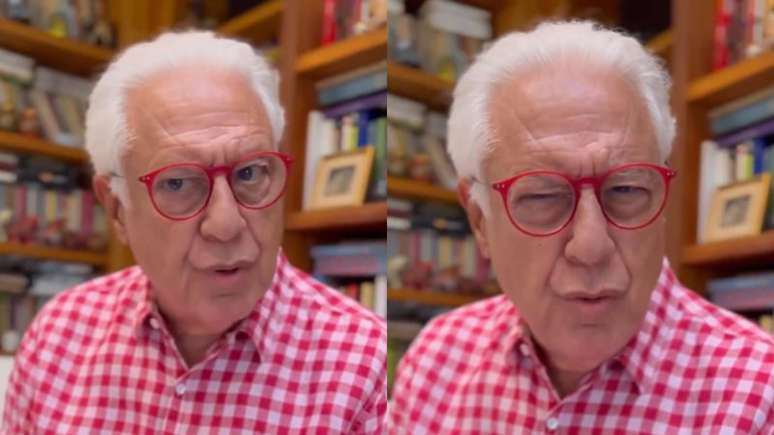Several factors can make teeth sensitive, but it is important to pay attention to identify a possible oral pathology.
Who has never drank a cold drink or tried ice cream and felt pain due to sensitive teeth? Dental hypersensitivity can also occur when hot or acidic foods are consumed and often represents more than a temporary discomfort. This is because it can be a warning sign of oral health problems.
html[data-range=”xlarge”] figure image img.img-9482fc291a60c8dae78ac1d727e0e236lv1osxr8 { width: 774px; height: 463px; }HTML[data-range=”large”] figure image img.img-9482fc291a60c8dae78ac1d727e0e236lv1osxr8 { width: 548px; height: 328px; }HTML[data-range=”small”] figure image img.img-9482fc291a60c8dae78ac1d727e0e236lv1osxr8, html[data-range=”medium”] figure image img.img-9482fc291a60c8dae78ac1d727e0e236lv1osxr8 { width: 564px; height: 337px; }HTML[data-range=”small”] .article__image-embed, html[data-range=”medium”] .article__image-embed {width: 564px; margin: 0 automatic 30px; }
According to the coordinator of the Dentistry course at the Faculdade Anhanguera, Ezequiel Ortiz Rosa, dental hypersensitivity is an exacerbated response to chemical, tactile and thermal stimuli that cause sensitivity in the teeth. “Many factors can cause this condition. These include exposure of tooth roots due to receding gums, tooth decay, tooth fractures, and poorly fitting or worn restorations,” he says.
Sensitive teeth are often associated with sharp pain when eating cold, hot, sweet, or acidic foods or drinks. Furthermore, even the act of brushing your teeth can trigger this feeling of discomfort.
According to Ezequiel, due to the loss of protection of the tooth enamel, the dental pulp becomes more susceptible to sensitivity. This happens because thermal or food stimuli come into direct contact with the pulp, immediately generating painful stimuli in unprotected teeth.
“There are cases in which dental hypersensitivity can be temporary, disappearing rapidly after contact with hot or cold foods, without causing acute pain. In these cases it is not dental hypersensitivity, but rather a common sensitivity,” explains the dentist.
When are sensitive teeth a warning sign?
Ezequiel warns that dental hypersensitivity can indicate more serious problems when it significantly interferes with the intake of foods and drinks due to their temperature, when brushing causes intense pain and when excessive symptoms affect the patient’s quality of life.
Effective treatment of dental hypersensitivity begins with identification and elimination of the root cause. This may result in the need to redo restorations, remove exposed roots due to gum recession, and use specific toothpastes and mouthwashes to treat hypersensitivity.
For the cure, the professor underlines that it is essential to discover the reason for the cause to eliminate the causal agent. “In case of a fractured or poorly fitting restoration it is necessary to redo it, remove the roots exposed due to gum recession and use specific toothpastes and mouthwashes to treat hypersensitivity.”
The ideal is to investigate the problem
Dental hypersensitivity can also be indicative of a more serious health condition. “Patients with signs of inflammation of the dental pulp may require endodontic treatment. Furthermore, these cases may also signal the presence of non-carious cervical lesions, making monitoring by the dental surgeon essential,” he points out.
Ezequiel Rosa emphasizes the importance of consulting a dentist for an accurate diagnosis of dental hypersensitivity and to obtain adequate treatment. “The use of medicines and products without the supervision of a dentist can be harmful to the patient and worsen clinical conditions”, he concludes.
Source: Terra
Ben Stock is a lifestyle journalist and author at Gossipify. He writes about topics such as health, wellness, travel, food and home decor. He provides practical advice and inspiration to improve well-being, keeps readers up to date with latest lifestyle news and trends, known for his engaging writing style, in-depth analysis and unique perspectives.








